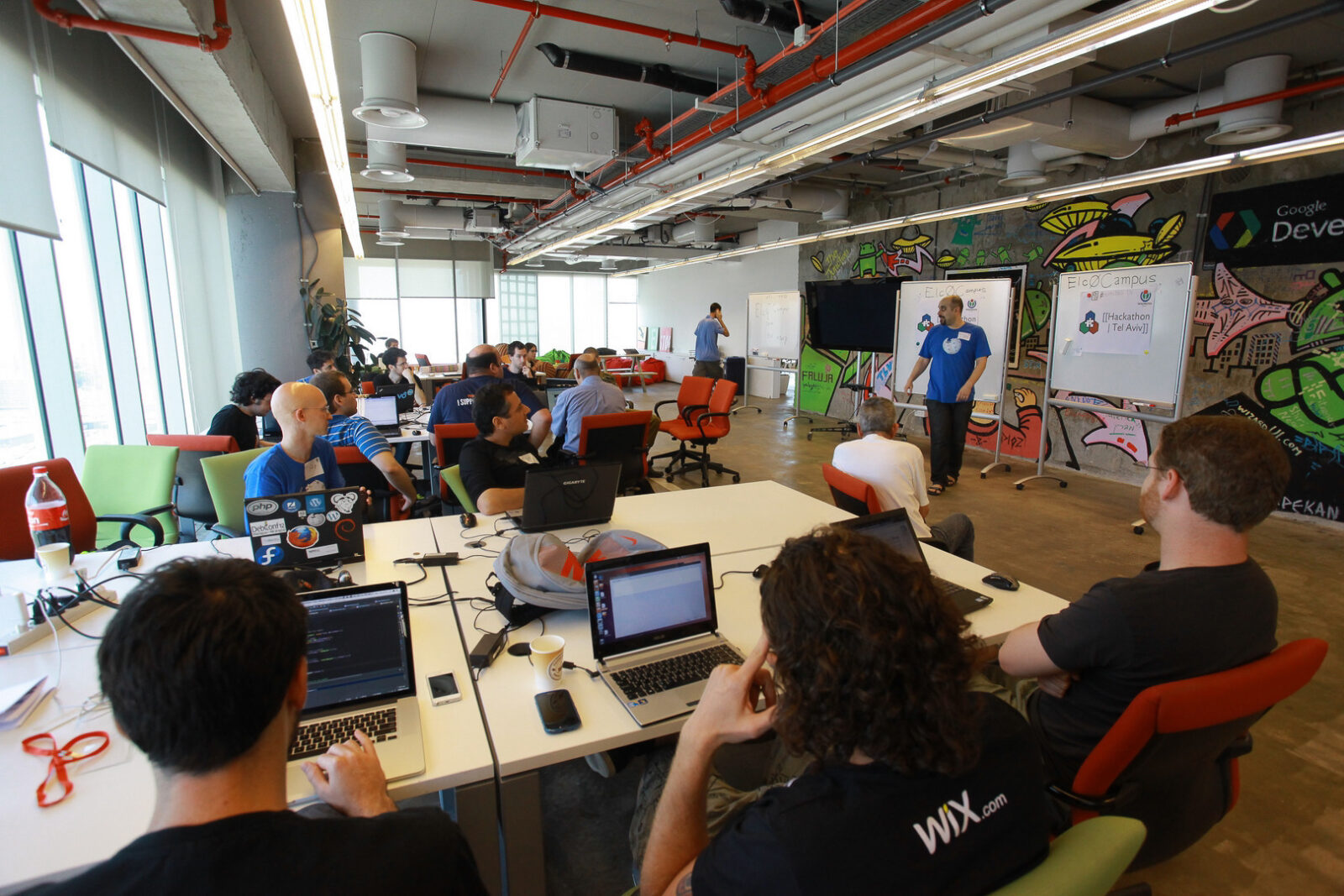The world has come a long way from the first formal education systems that used to exist in ancient Rome. Like every other sector, the education industry has evolved significantly due to the direct and indirect impact of technology. The way educators teach has changed from era to era to meet the needs of learners across the globe. Despite the progress that has been made, there is still a lot of room for improvement in this essential sector.
Studies from the Guide to Research show that the global literacy rate has increased to 92 percent from 81 percent between 1985 and 2018. This is primarily due to the technological advancements that have made education more readily available to people of all ages. The typical in-person school learning is no longer the only way to get educated in the 21st century. These are the top 5 educational trends that will change how schools work:
1. Online Learning
If there is anything the world learned from the Covid-19 pandemic, it’s that schools can be 100 percent virtual. As the infection rate of the coronavirus increased, learners had to forfeit in-person schooling for virtual classes. What would have been seen as impossible a few decades ago is now considered the norm in many countries.
Online learning is an education trend that will continue to reign even after the Covid-19 pandemic has ended. This is because it offers many benefits over traditional in-person schooling. However, it is not without some challenges. A very popular online learning option is attending a coding bootcamp. In fact, the best coding bootcamps can help you land a career in tech in just a matter of months.
2. Personalized Learning
The one-size-fits-all approach to teaching will soon be completely abandoned. Learners are different and they need to be offered unique lessons that will bring them closer to reaching their full potential as individuals. Schools are starting to offer a more streamlined curriculum thanks to the introduction of adaptive learning. This is why the demand for smart tools like DreamBox, Brainscape, and Imagine Learning is on the rise. These tools promote a self-paced approach to learning.
3. It’s Going to Be Less Serious
In this digital age, young people tend to get bored easily and their attention span is at an all-time low. Students can no longer sit through long and boring lessons. This is why schools will adopt more fun ways to teach students. Many schools are already including games and simulations in the learning process to make things more interesting for the learners.
A typical example is Room Quake. This earthquake simulation system allows students to have a feel of an active seismic field. The students don’t just sit there and watch it happen, they do the necessary readings and offer suggestions on the best way forward. This sort of practical understanding of an earthquake keeps learners engaged.
4. Chalk and Marker Boards Will Become Obsolete
The technological takeover of the current education industry will soon lead to the extinction of chalk and marker boards. These will be replaced with sideshows, web conferencing, and AI-based systems that are bound to keep learners engaged. More engagement means higher retention rates for these students. They have already embraced the digital revolution. So, it makes sense to digitize the entire in-person educational experience. Students will always pay more attention to a podcast than read a 300-page book about the same topic.
5. Teachers Will Always Be Relevant
Automation has indeed cost millions of people their jobs in other industries. Automated learning tools are more engaging to students. However, there is no substitute for a human classroom teacher. Teachers don’t need to worry about computer’s taking their jobs now or in the future. Think about the tech tools as advancements that complement hard-working teachers and make their work easier. There will always be teachers available to leverage technology in education. These tools don’t just make teaching easier for educators, they also allow them to track the progress of students and identify problem areas that need work.
Conclusion
As long as the search for knowledge continues, there will always be advancements that promise a more streamlined educational experience for learners across all levels. The goal will always be to make education more accessible and interesting so learners can reach their full potential. The only thing that will remain constant as education evolves is the need for human educators in and out of every classroom.








